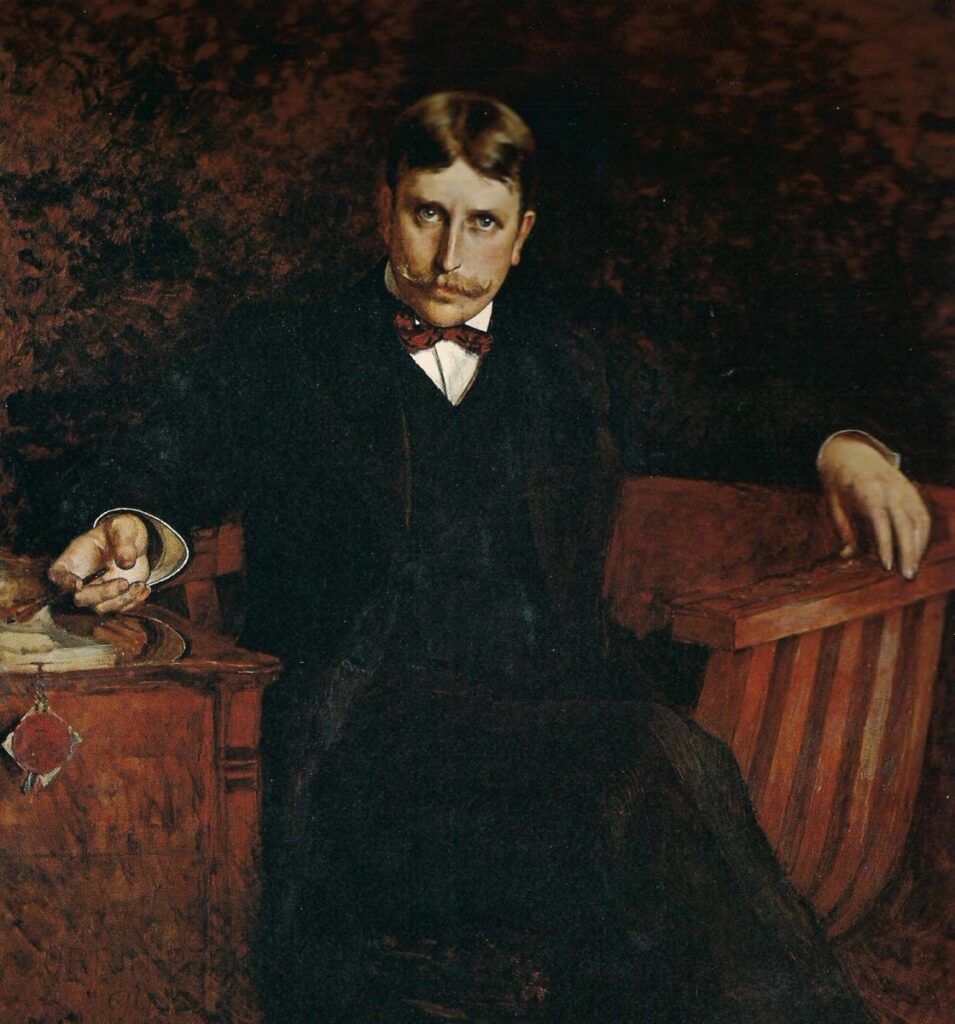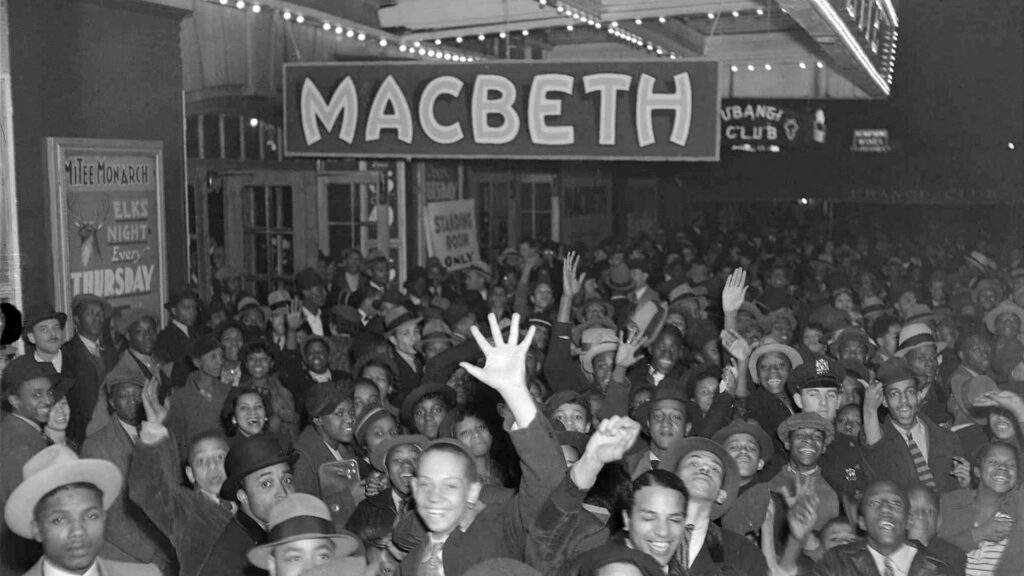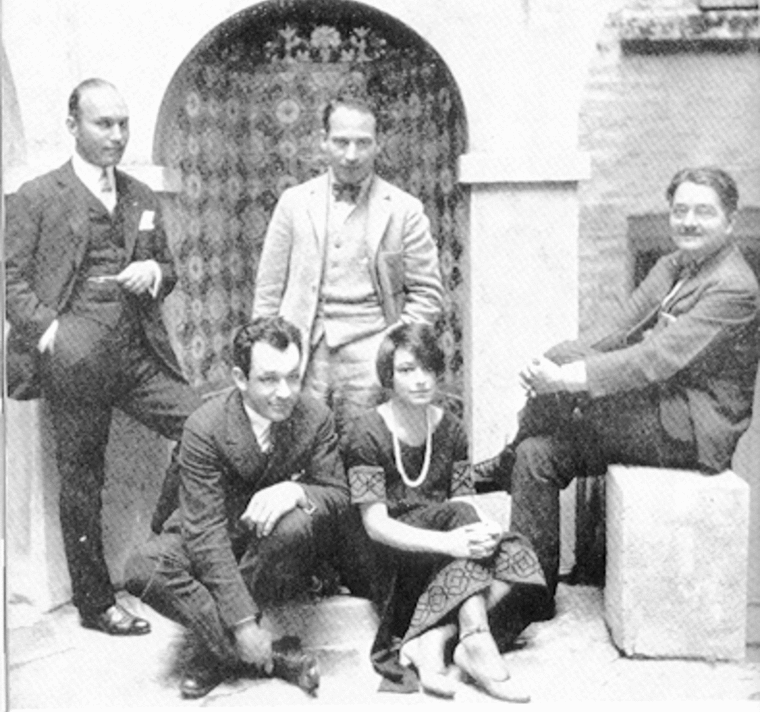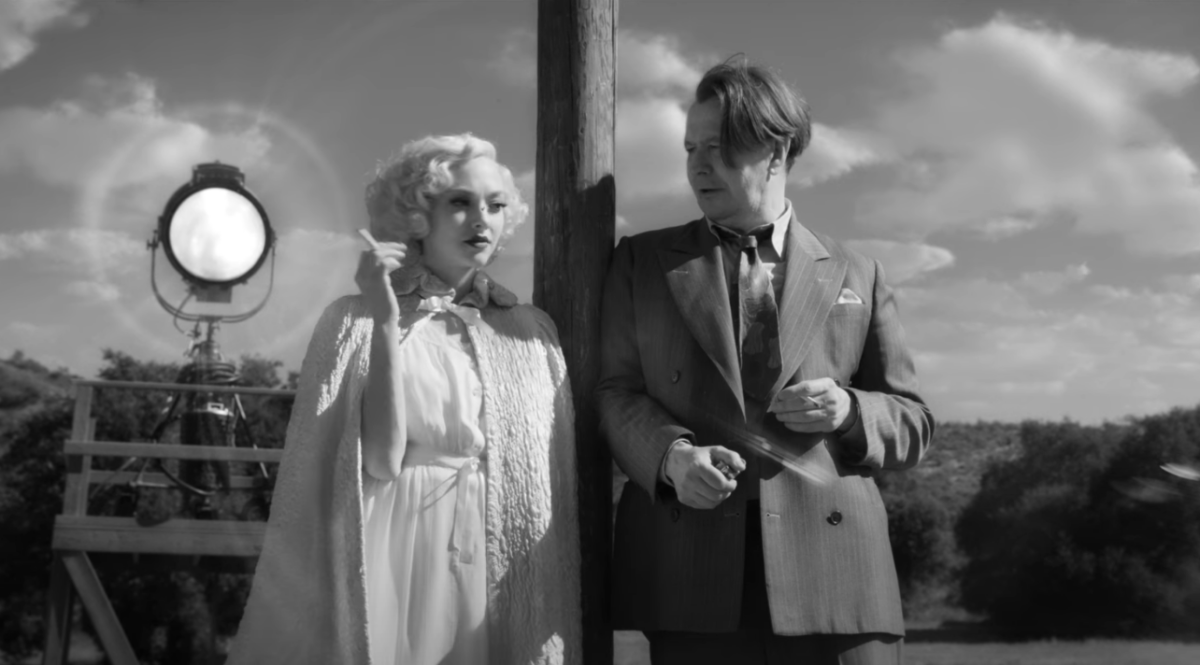The new David Fincher film Mank, a tribute to old Hollywood and an elegant inspection of the studio system, is one of the most lavish original Netflix films ever.
California history buffs will find it especially fascinating. Some of the more interesting moments actually have to do with the gubernatorial campaign of Upton Sinclair. And those parties at San Simeon (Hearst Castle) are breathtaking.
But there’s an interesting undercurrent to the real life figures portrayed in the film — many of them were born New Yorkers like Marion Davies (born in Brooklyn) and the film’s subject Herman Mankiewicz (born in New York to German immigrants).
If you’ve seen the film or have plans to see it this holiday season, we suggest listening to these shows from our back catalog for a better understanding of these historical moments and figures:

William Randolph Hearst
We present Hearst’s origin story in our 2020 episode on his epic journalism rivalry with Joseph Pulitzer….
… and in Part Two we even get to his first meeting with Marion Davies and the development of Hearst’s own film production studio.
Early Hollywood
How did the movies move from the East Coast to the West Coast? This show breaks down the early days of film production and what lead to the industry fleeing to Los Angeles:

Great Depression
In the first part of our New Deal mini-series this year, we provide on overview of the Great Depression which sunk the nation into financial and social despair….

Orson Welles
… and in the second half of that series, a very young Welles makes his debut in New York City, thanks to producer John Houseman (featured in the film), directing a visionary production of Macbeth in Harlem, later known as “Voodoo Macbeth” (pictured above and referred to in Mank).
Not mentioned in the film but front and center to Welles’ reputation was the famous 1938 broadcast of War of the Worlds. We featuring an excerpt of the broadcast in our show on the history of radio in New York City:

Herman Mankiewicz and the early writers of Hollywood
Many great writing talents of early Hollywood practiced their witticisms on the other members of the Algonquin Round Table, a collection of journalists, playwrights and general gadabouts who frequented one of New York’s poshest hotels.

